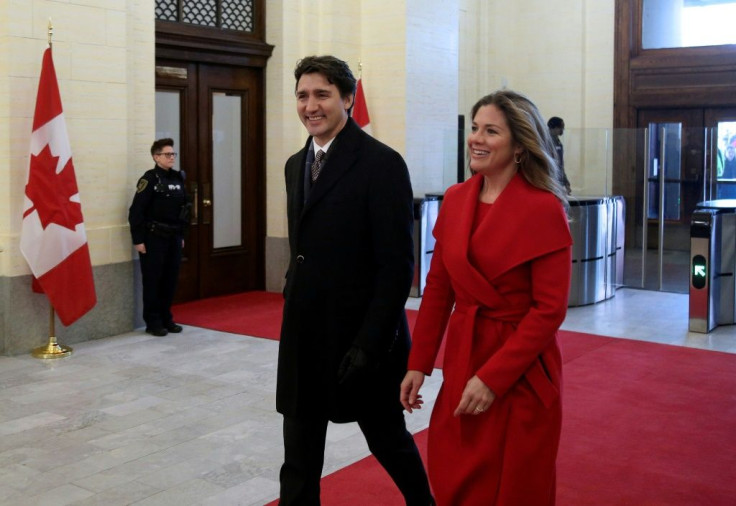Canada To Follow France Lead In Taxing Digital Giants

Canada will impose a levy on internet giants such as Amazon, Google and Facebook similar to France's digital services tax that created tensions with Washington, two ministers said Monday.
"We've been very clear that we want to make sure that digital companies pay their fair share of taxes in our country," Finance Minister Bill Morneau told reporters.
"That means we will move forward," he said.
Prime Minister Justin Trudeau, during an election campaign that returned his Liberals to power in October, called for a three percent tax on digital companies with Canadian revenues of at least Can$40 million (US$30 million) and worldwide income topping Can$1 billion.
According to the party's platform, the tax on online advertising and user data starting as early as April 1 would put an estimated Can$540 million in government coffers in the first year, rising to Can$730 million by fiscal 2023-2024.
Heritage Minister Steven Guilbeault said Ottawa intends to roll out the tax "in the shortest amount of time possible," without specifying an exact timeline.
Both ministers pointed to ongoing Organization for Economic Cooperation and Development (OECD) negotiations on international taxation, saying they hoped for a multilateral consensus.
Washington has said the OECD talks are key to resolving the taxation issue, and has threatened to impose tariffs on French products over that country's digital services tax.
The French tax imposes a three percent levy on revenues earned by technology firms in France.
It targets revenue instead of profits, which are often reported by tech giants in low-tax jurisdictions like Ireland or Luxembourg in a practice that has enraged governments.
© Copyright AFP 2024. All rights reserved.





















